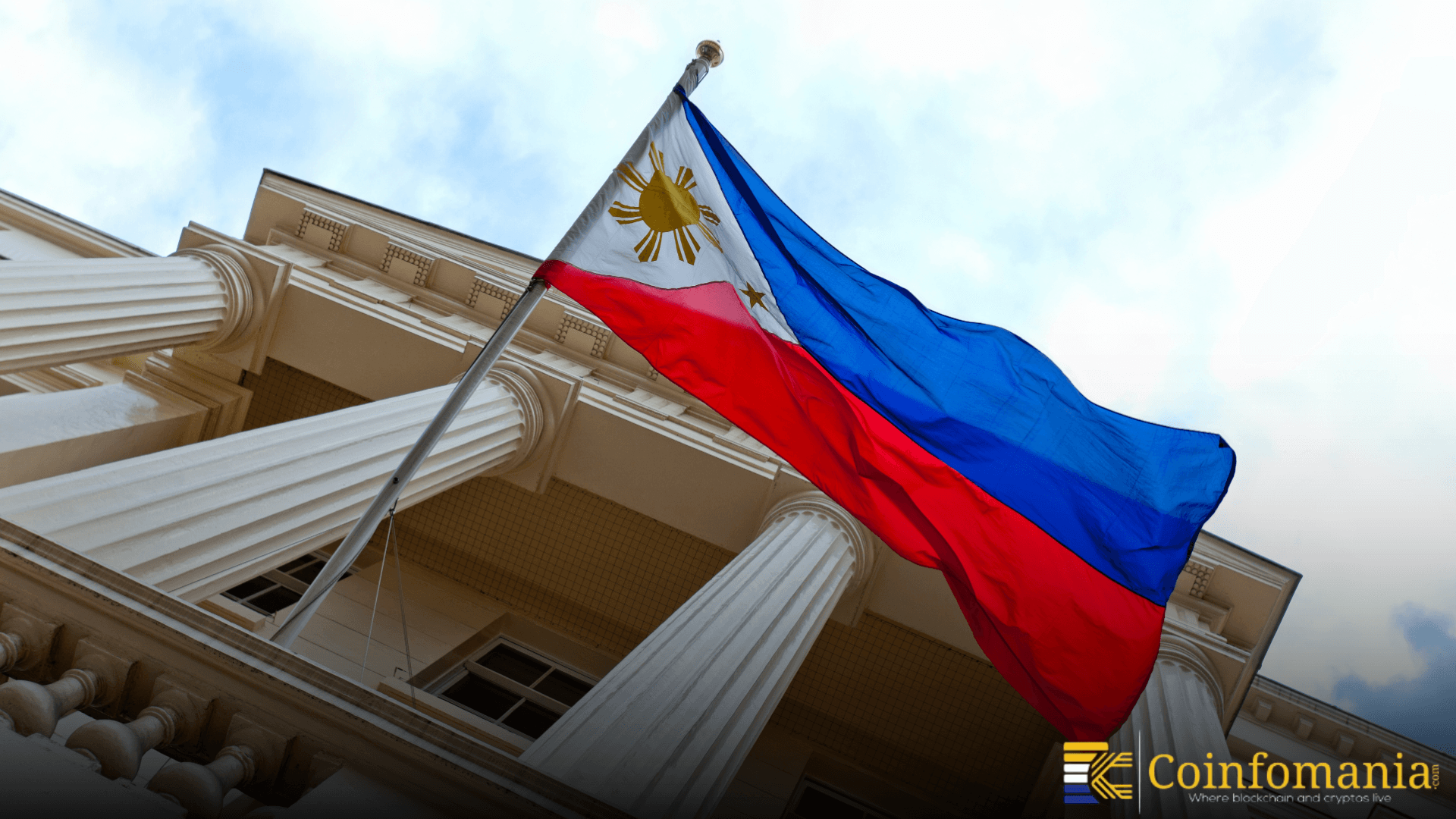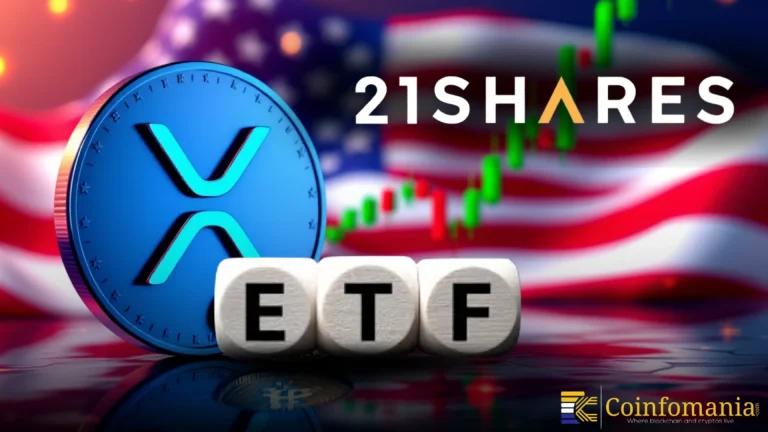Tokenized Assets Drive $60B Opportunity in the Philippines
Tokenized Assets in the Philippines could unlock $60B by 2030, as nearly half of government bond holders already adopt digital assets.

Quick Take
Summary is AI generated, newsroom reviewed.
The Philippines could see $60B from tokenized assets by 2030.
Nearly 50% of government bond holders already own tokenized bonds.
Tokenization increases liquidity, reduces costs, and improves transparency.
Key challenges include regulation, cybersecurity, and investor education.
The Philippines is sitting on a huge opportunity in digital finance. According to a recent white paper, the country could see $60 billion in value from asset tokenization by 2030. Moreover, nearly half of all the government bond account holders already own bonds in tokenized form. Showing that interest in digital assets is growing quickly.
What Is Asset Tokenization?
Asset tokenization is the process of turning real-world assets, like bonds, property or stocks, into digital tokens on a blockchain. These tokens are easier to trade, track, and access. In addition, tokenization makes assets more liquid, meaning investors can buy or sell them quickly.
In the Philippines, tokenized government bonds are already becoming popular. About 50% of bond holders own them, which is higher than in many other countries in the region. Therefore, the adoption of tokenized assets is already significant.
Why the Philippines Is Ready
A lot of factors make the Philippines well-suited for tokenization. First, many people are young and tech-savvy. They already use mobile banking and e-wallets, which makes digital finance easier to adopt.
Second, the government supports fintech innovation. Regulatory sandboxes and clear rules allow companies to test new ideas safely while protecting investors. Furthermore, banks and fintech firms are exploring tokenized bonds, real estate and other assets. Because of this collaboration between public and private sectors, adoption could speed up, creating real economic value.
The $60 Billion Potential
The white paper estimates that tokenized assets could reach $60 billion by 2030. This includes tokenized bonds, real estate and corporate investments.
Tokenization allows smaller investors to access assets they could not afford before. In addition, it lowers costs and makes transactions faster. Blockchain also provides transparency, recording all transactions safely and reducing risks of fraud. Therefore, tokenization can benefit both investors and the overall market.
Challenges and the Road Ahead
Despite its potential, tokenization faces some challenges. Regulators must continue to set clear rules, investors need to understand the risks and companies must make sure of strong cybersecurity.
Nevertheless, with strong adoption, supportive policies and advanced technology, the Philippines is well set to lead in Asia. By 2030, asset tokenization could change how Filipinos invest, attract more capital, and boost economic growth. Overall, it shows that digital finance is increasingly becoming a major part of the country’s financial future.
Follow us on Google News
Get the latest crypto insights and updates.


